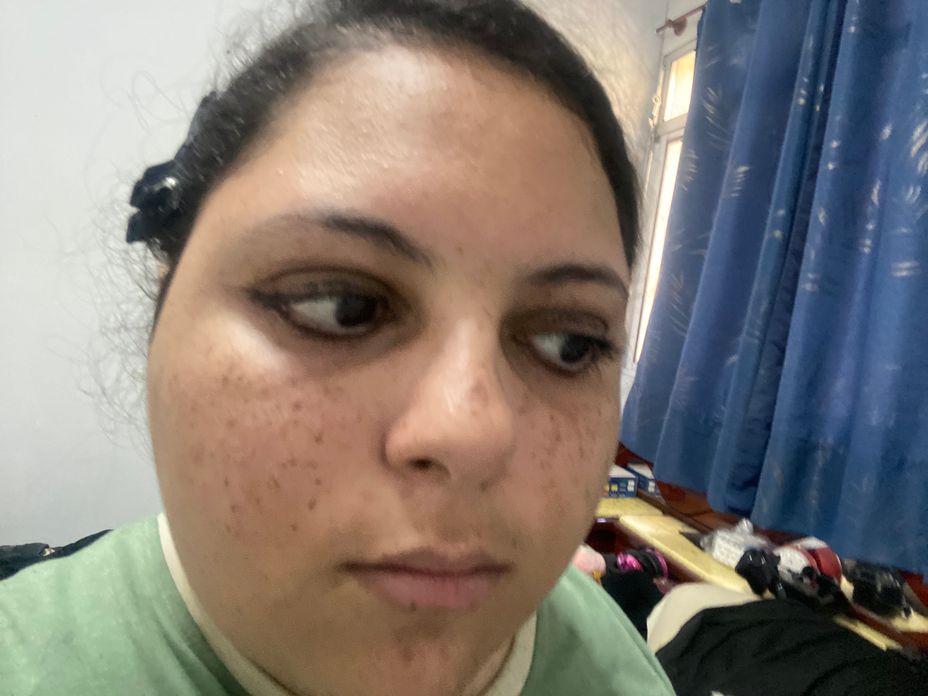How concepts makes knowing yourself harder: my view on my blindness. #Blindness #MentalHealth
It’s such a weird concept for me when it comes to my condition.
I grew up low vision due congenital cataracts, even having made surgery at 3yo. My first experience in the visually impaired world wasn’t known for me. I never realised I saw so little compared to others, I never had something to take as reference so for me: it was just normal. I was just clumsy. It’s normal for people with myopia to have to wait the bus to be like 2 metres from you to signalise for it to stop. That’s how I grew up until an eye doctor tell me: “you must not lie and guess the letters. If you lie and guess them I won’t be able to properly diagnose, so if you can’t see them, just tell me.”
And that was my first time hearing the term “low vision”, at 18yo, the same year my retinal dystrophy decided to manifest, basically about 6 months before I became legally blind.
What makes it even weirder for me is taking years to know I have a retinal dystrophy, and to now be self aware to know the symptoms it displays. Not a self diagnostic but also not an opinion of a doctor but a guess I have.
My condition seems to be Retinitis Pigmentosa Sine Pigmento. A form of RP that’s really hard to catch because it doesn’t show itself as most forms of RP do.
And it’s a hard thing to grab because I didn’t know I was night blind until recently, I thought I couldn’t see at night because I have photophobia and the street lights and cars messed with my vision. I had to discover my night blindness in a very out of the box way. I knew I had tunnel vision but that’s one of the aspects that made realising the night blindness even harder.
For those with congenital aumarosis (100% blind by birth with no other condition in play), what they see, is absolutely nothing, and humans usually can’t grasp the idea of absolutely nothing. There are some tests you can do to have a partial idea of what it is, but it’s not black, it’s absolutely nothing. And for some reason, that’s a concept I understand. So when it comes to my tunnel vision there’s no blackness outside of my visual field, and I don’t have enough visual memory to even know if this lack of field of view was once lower, I have no idea what’s outside of my field of view, and it’s not blackness, it’s just nothing at all, and I even had to try to explain to blind people about nothingness because they acquired blindness and they see full black or full white, or just gray.
So I never even noticed the night blindness, because it portrays as street lights and vehicles headlights, and just a deep darkness that makes everything basically black, and I just didn’t understand that besides the lights, the blackness meant I couldn’t see. Until the day I went into a darker place with sunglasses and I couldn’t see, then it came, late again, but came, what night blindness looks like.
So basically: tunnel vision, check; night blindness, check; getting darker becomes something similar to static on a tv, check. I will go for a diagnosis to know if it’s RP or if it’s another retinal dystrophy that has similar symptoms, I plan on going after it this year, I just need to have some time to breathe since I haven’t stopped since September and I’m basically burned out.

